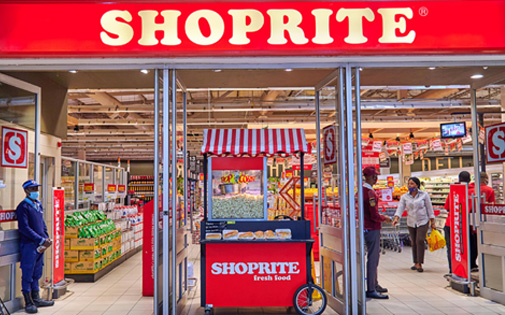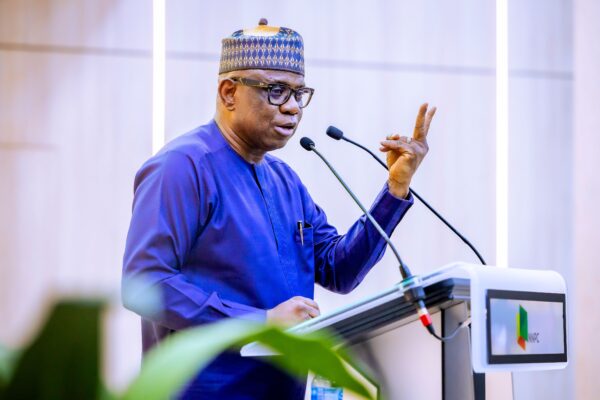
Trump Calls Nigeria A Disgrace As He Accuses Government Of Failing To Protect Christians
US President Donald Trump intensified his criticism of Nigeria on Friday, labeling the country “a disgrace” and renewing claims that its government is failing to protect Christians from extremist attacks. Speaking on a conservative radio show, Trump threatened military intervention against Islamist militants in Nigeria if the government does not “do more” to halt violence targeting Christian communities. “Nigeria is a disgrace. The whole thing is a disgrace,” Trump said. “They’re killing people by the thousands. It’s a genocide, and I’m really angry about it. And we pay, you know, we give a lot of subsidies to Nigeria. We’re going to end up stopping.” Nigeria has experienced long-standing ethnoreligious conflicts affecting both Christians and Muslims, though the narrative of Christians being uniquely targeted has gained significant attention among right-wing groups in the US. Trump’s remarks came a day after US Defence Secretary Pete Hegseth met with Nigeria’s National Security Adviser, Nuhu Ribadu, at the Pentagon to reinforce the administration’s claims of “horrific violence” against Christians in the country. “Under @POTUS leadership, DOW is working aggressively with Nigeria to end the persecution of Christians by jihadist terrorists,” Hegseth said in a post on X, referring to the Department of Defence by its preferred acronym “DOW” (Department of War). A statement from the Defence Department said Hegseth and Ribadu discussed “tangible progress” on curbing violence against Christians and countering jihadist activity in West Africa. President Bola Tinubu, a Muslim whose wife is a Christian pastor, has consistently rejected accusations of state-supported religious persecution, emphasizing that his government is committed to protecting all Nigerians regardless of faith. “The characterisation of Nigeria as religiously intolerant does not reflect our national reality,” Tinubu said. Despite this, Trump and his allies continue to push the narrative. Earlier this week, rapper Nicki Minaj joined US Ambassador Mike Waltz at the United Nations to echo similar claims. In a separate engagement, Republican Representative Riley Moore of West Virginia met Ribadu in Washington on Wednesday as part of ongoing high-level discussions between US officials and Nigeria’s security leadership.






